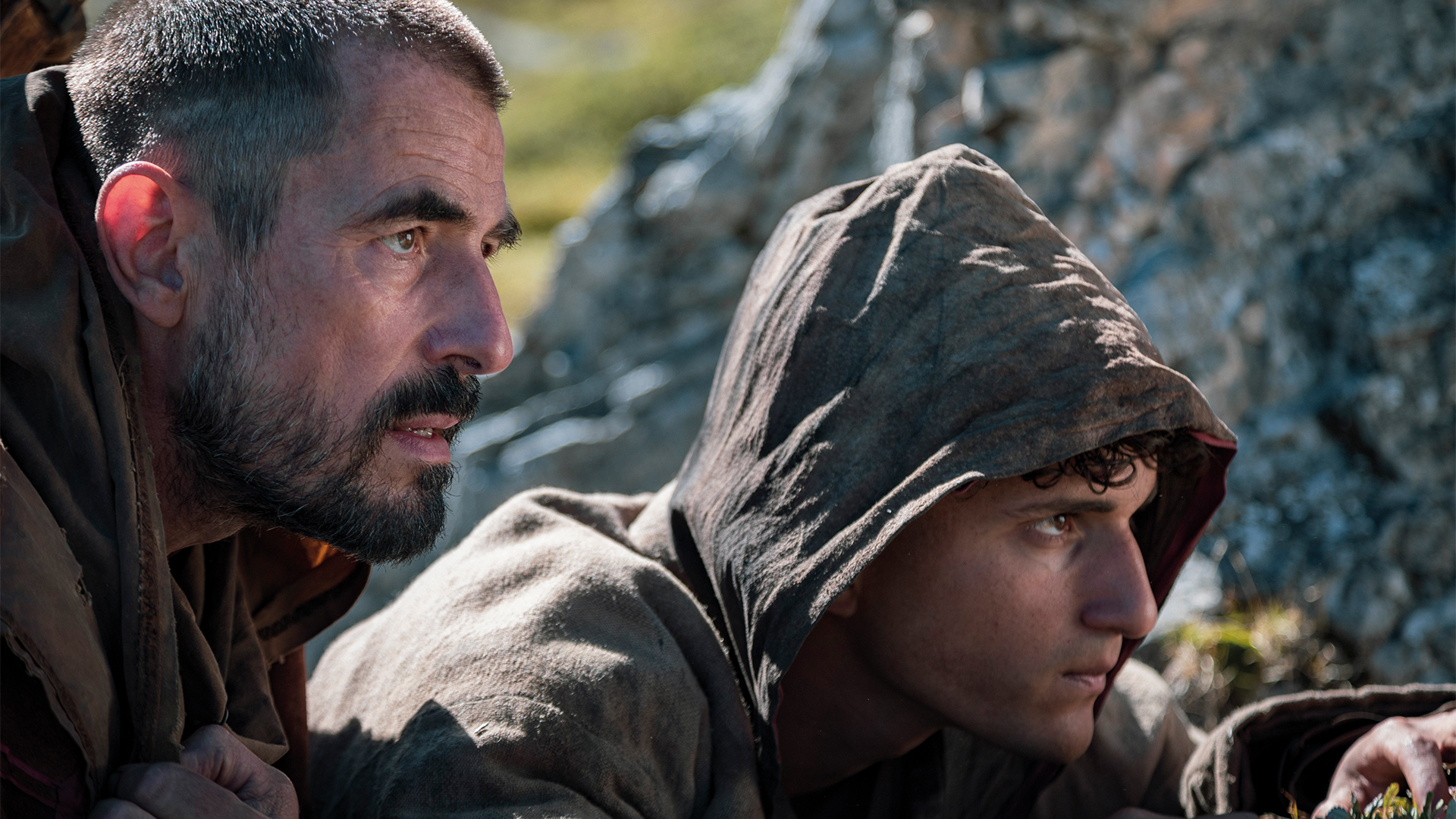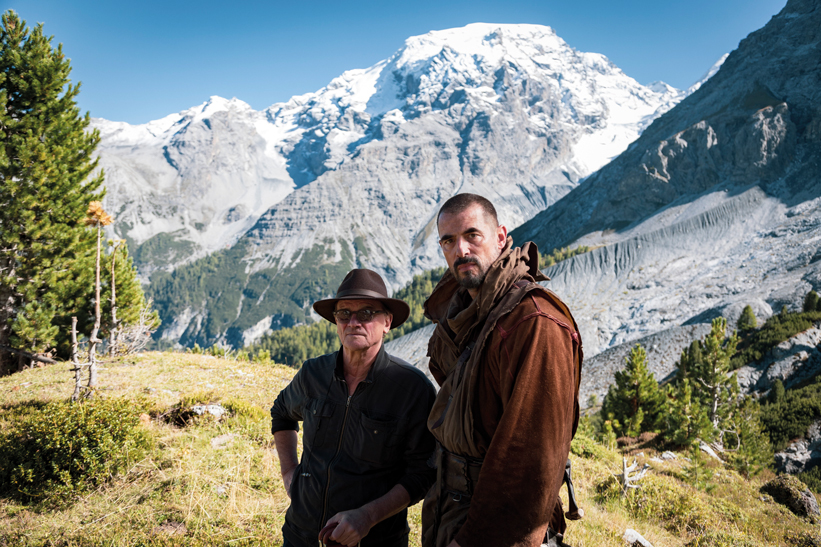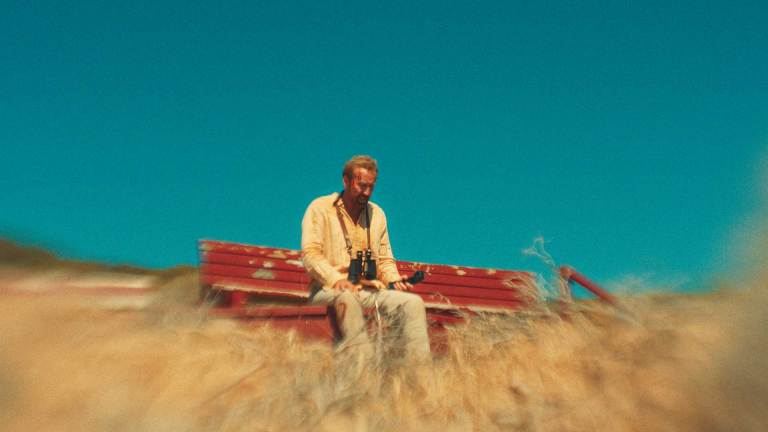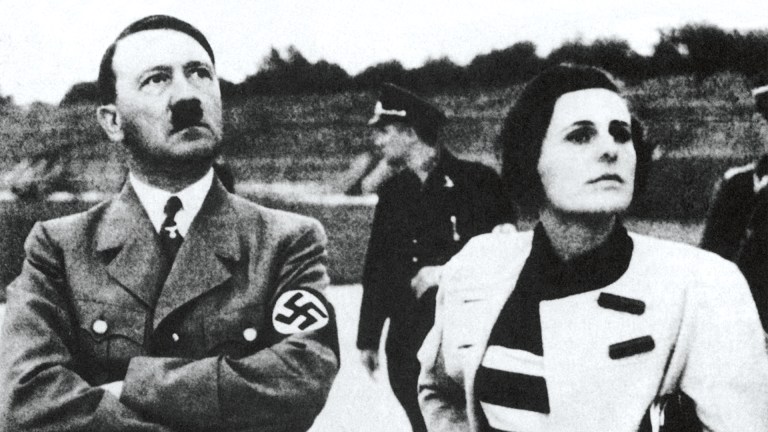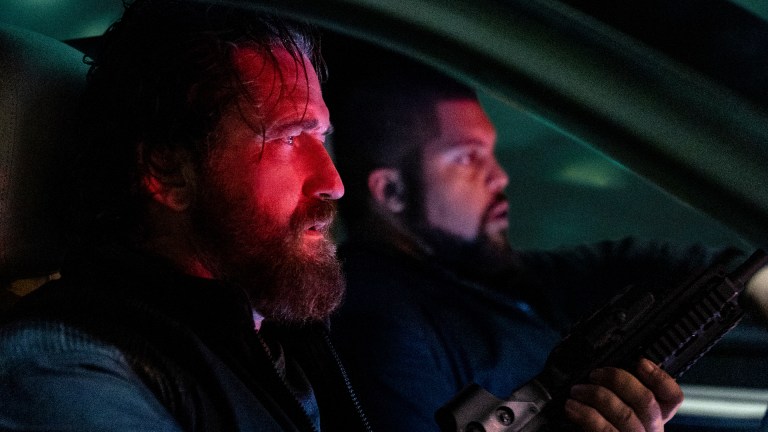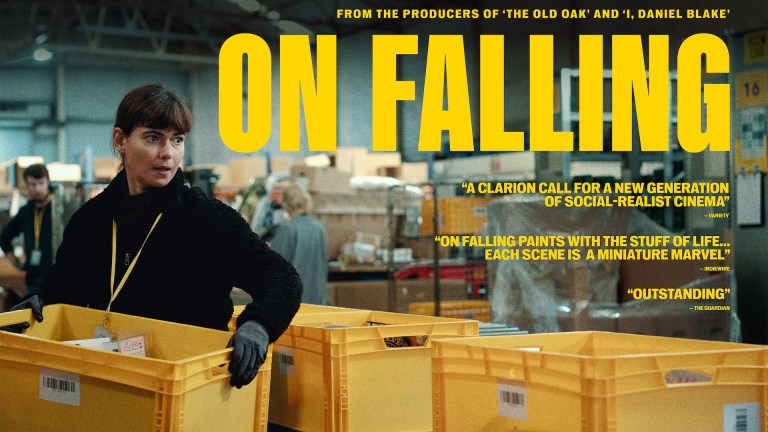What do you really know about William Tell and the famous scene, where a young boy has an apple shot from his head by his father?
Perhaps you’re aware of the story but not sure of its context, when, or even how it happened. Yet it’s been a central image of European culture for hundreds of years. So, the question remains: why? And it was this question that made me want to make the movie William Tell.
To do that, I used an early 19th century play by the brilliant and underperformed playwright Friedrich Schiller as my framework. He’s the only person of any repute to write down the legend of Tell, and he used it to explore the serious question of liberty. What individual liberty means, how to achieve it, how to keep it and, most importantly, the consequences of losing it and having to fight to get it back.
- Superheroes, sinners and sequels: The ultimate guide to the most anticipated films of 2025
- Nickel Boys star Aunjanue Ellis-Taylor: ‘Black women’s tears are exploited’
I thought there has to be a reason this story has survived for centuries. What does it say about us, about our need for leadership and heroes? Not the spurious, fanciful heroes of Hollywood but the real or imagined heroes that have shaped our discussions and our culture.
William Tell has been used by movements throughout history and adapted for their particular causes. During the French Revolution, they saw Tell as an inspiration. The Nazis used him for different political reasons.
In my case, it soon became easy to see why the story has endured and been adapted so frequently: it’s the apple scene. A scene that forms the beating heart at the centre of our film as well as Schiller’s play. A scene where every character in the film is present. And a scene that is without doubt one of the most vicious and savage portrayals of political terrorism one can imagine.
